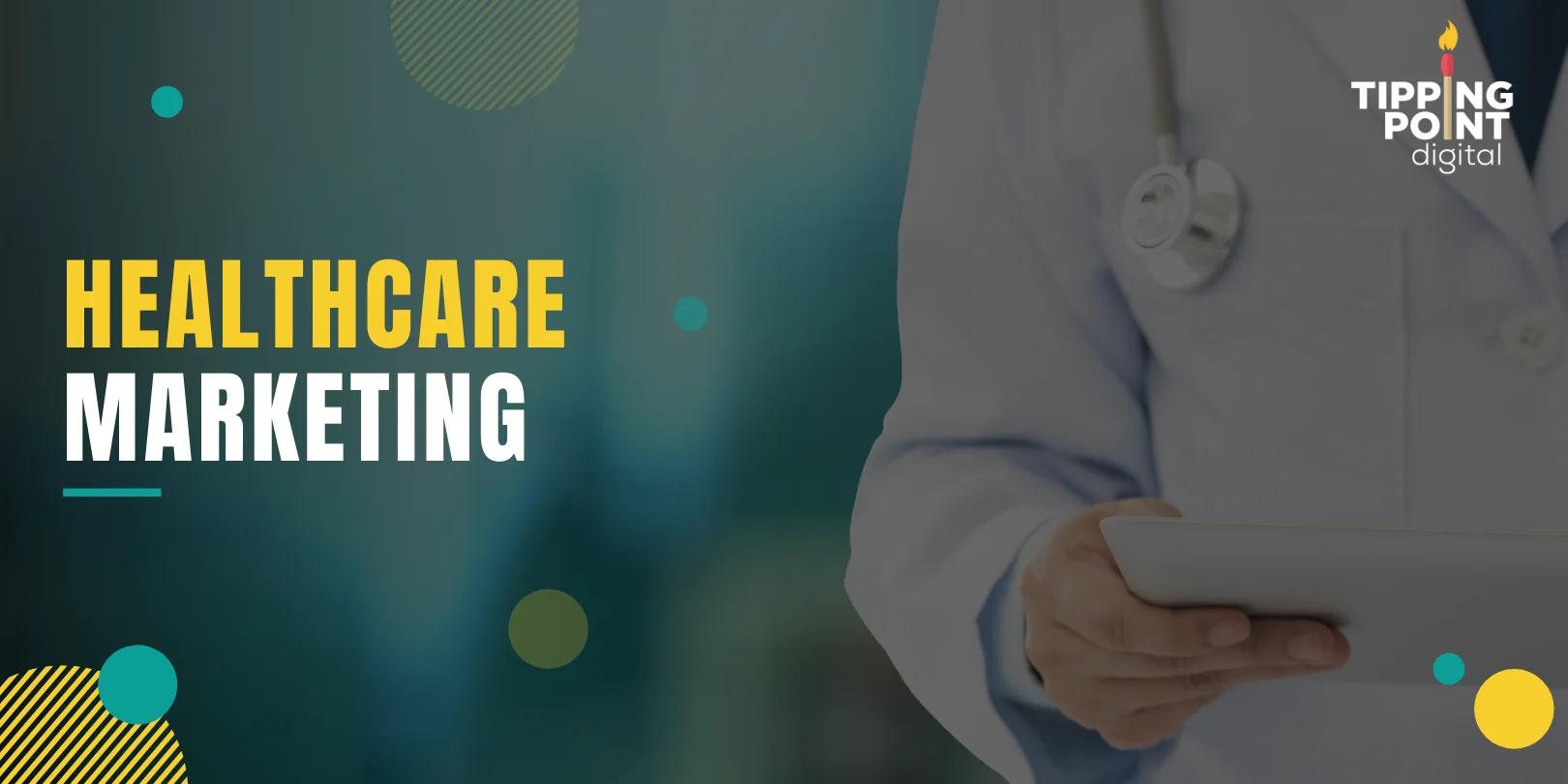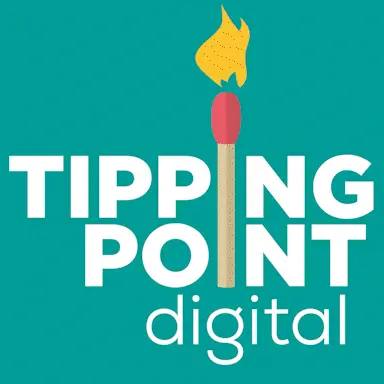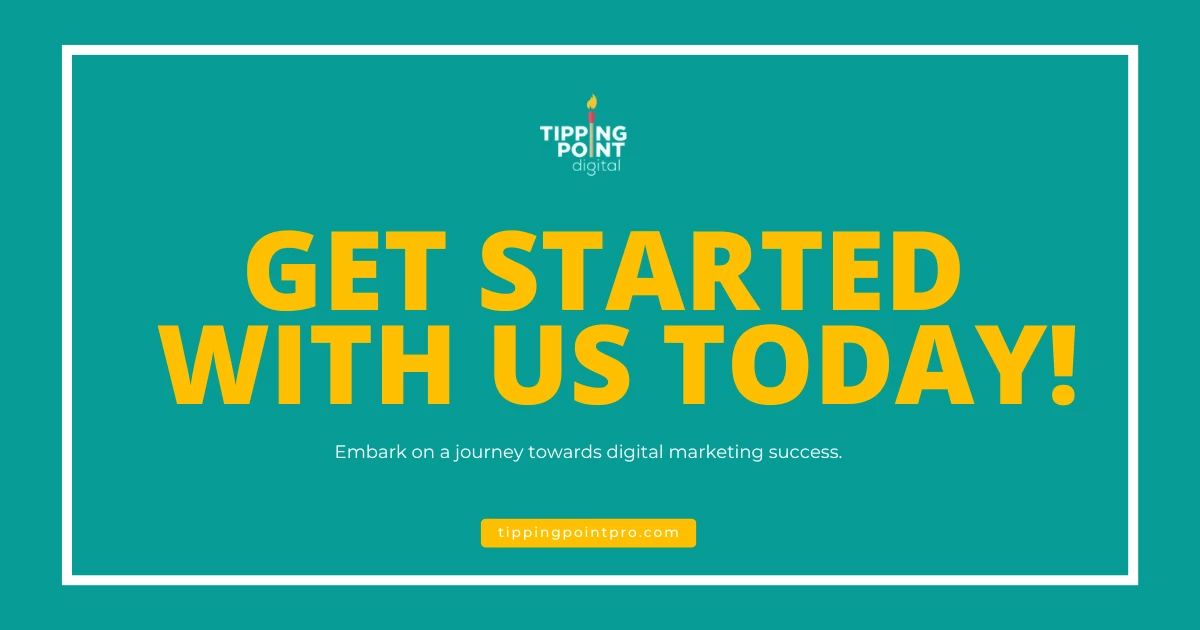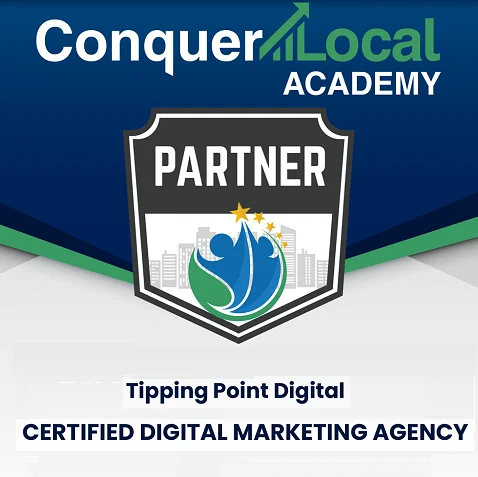
Healthcare Marketing Strategies for Healthcare Providers
Marketing Services That Helps Your Company Grow
Healthcare marketing is a tricky topic. Healthcare marketing requires an understanding of the nuances and unique challenges that come with the healthcare industry.
Learning about the wide range of services these social workers provide is important in generating potential leads for them in digital marketing. From a doctor of medicine, medical providers, health care providers, a primary care provider, a nurse practitioner – everyone follows a different set of federal regulations and health plan when offering medical treatment to certain medical conditions.
Healthcare Marketing is not just about advertising your services. And it’s also about providing value to patients looking for help overcoming their medical problems. Healthcare marketers are in charge of creating communications plans that promote patient awareness and engagement while generating leads for providers’ practices.
Healthcare Marketing professionals must be skilled at digital marketing techniques like social media campaigns and traditional promotional tactics such as print ads or billboards.
Tipping Point Digital specializes in healthcare marketing – we have spent years working with the industry to understand how best to reach our clients’ goals, including getting more patients through the door!
What Do You Mean by Healthcare Marketing?
Marketing in the healthcare industry is concerned with bringing consumers into the healthcare system, guiding them along their healthcare paths, and keeping them engaged with the system.
Healthcare marketing requires an understanding of the intricacies of healthcare systems and a deep knowledge of how to use digital channels. A Healthcare Marketing agency must be skilled at digital marketing techniques like social media campaigns and traditional promotional tactics such as print ads or billboards.
The Healthcare Marketing industry has seen a significant change in the last several years. Healthcare Marketing professionals are now expected to do a lot more than just create ads for brochures and direct mailers.
Healthcare marketing has evolved into an integrated campaign that includes digital, social media, public relations, events management, multimedia production – all of which combine to make the healthcare system work better for patients.
The best healthcare marketing strategies integrate omnichannel, highly-targeted, and omnichannel tactics to improve customer engagement and boost revenue. Health professionals use specific metrics to evaluate the effectiveness of their marketing efforts, including key performance indicators (KPIs) as well as marketing return on investment (ROI).
Why Is Healthcare Marketing Important?
Sustainable growth requires effective healthcare marketing. Without it, you would have a hard time finding prospective patients, and your existing patients may slowly go to another, better-represented clinic.
As the healthcare industry changes rapidly, so do digital marketing tactics. Healthcare marketing can be delivered through a variety of channels, including social media, mobile campaigns, emails, and online advertising.
The health industry, which was previously driven by volume and centered around the physician, is now driven by quality and centered around the patient. A given area has likely more than one healthcare practice offering the same or virtually the same services.
Marketing helps your medical practice stand out from your competition as well as show prospective patients your practice is the better choice.

What Is Included in Healthcare Marketing?
Healthcare marketing can include traditional marketing methods as well as digital marketing methods.
Most digital marketing agencies offer content marketing, social media marketing, video marketing, PPC, search engine optimization, reputation marketing, GMB, and more.
Tipping Point Digital offers the following services to healthcare professionals looking to market their practice:
- Reputation Marketing
- Google My Business Listings
- Social Media Marketing
- Articles/Content Marketing
- Managing Reviews
- SEO
Digital Marketing Strategies to Help Healthcare Organizations Increase Their Online Presence
Content Marketing
Marketing in 2021 must emphasize today’s content-based economy where content will reign supreme. You’re also throwing money away if you place ads on a website where 20 percent of users have ad blockers installed.
Getting your message heard is increasingly difficult in an environment filled with noise. Despite this, you shouldn’t give up on spreading your brand.
No matter what part of the healthcare industry you work in, you should maintain your ethical standards. Despite those differences, there is one simple truth: your products or services are sold to an audience. The audience goes online to learn more about a vendor before engaging with them.
People in the healthcare industry are constantly trying to learn new things. You can choose to include health tips, technological advances, new diagnostic methods, or general industry news. Generally, health-related information that your new and returning patients find useful for their healthcare journey.
Through your medical knowledge, new patients, as well as existing patients, will see you as the industry leader when it comes to healthcare services and can improve the patient experience while they are browsing your medical website.
In these situations, health marketers can make a huge difference by creating impressive content and exposing their brand to the right people.
Creating content doesn’t just have to be confined to your website. A content strategy is not merely about writing content and praying for it to appear in search results.
You can also post original content to social media platforms or guest posts on renowned digital platforms. No matter which platform you choose – Facebook, Linked In, Instagram, or Twitter – you should be using all of them to their full capacity.
Mobile-Friendly Healthcare Website
It’s apparent that Google’s ever-increasing move toward mobile-first is here to stay. Google has begun integrating mobile-first indexing into search results. Google chose to display search results from only mobile-optimized websites, as opposed to their web versions.
Healthcare businesses that do not have a mobile-friendly website will most likely be excluded from all search results, except for their branded keywords (aka the company name).
Healthcare websites should be designed with a mobile-first approach and implemented by all healthcare marketers.
When you’re revamping your mobile experience, there are a few other things to consider. Make sure your calls-to-action are clear and easy to spot if you have them on your pages.
Using Video Marketing

When it comes to engagement, video is hard to beat. In the past, TV ads were the holy grail of marketing, and YouTube is the most successful website today.
YouTube is more than just a video-sharing website, in case you didn’t know. This is actually an online search engine. According to another author, YouTube has more than 4 billion monthly searches than Bing, Yahoo, AOL, and Ask.com combined.
Therefore, healthcare marketers should make video marketing the highest priority in their healthcare marketing campaigns for 2021.
Video is a marketing technique you need to experiment with, whether it’s to promote your company’s people, vision, and products. Video can serve as a social media tool to help make your health brand more approachable in fields where medical equipment and doctors can often intimidate people (think of the white-coat syndrome).
If you’re producing the video yourself or together with the media team (depending on your company’s size), you should strive for quality and quantity.
There’s always room for improvement when it comes to video content, but don’t toss it aside solely because you are unsure. You’ll get noticed over time if you put your best work out there.
Everywhere you look, you can find videos, so you should encourage every member of your marketing team to take videos that might provide value to your ideal healthcare consumers.

Managing Your Online Reputation
In order for your business to succeed, you need to build a positive reputation online. The best products won’t get you followers or conversions if the online reputation of your healthcare organization is lacking.
Diseases or conditions are the most common subjects that patients search for, followed by treatments or procedures and then doctors and other health professionals. If your medical practice does not have an effective reputation marketing campaign, it is likely to be picked last when patients conduct searches related to a certain condition.
In the health business industry, you’ve got to focus on building trust in order to get new clients. As more and more people are searching online for health providers, you must ensure that your brand is trustworthy.
It’s important to keep your site professional and give relevant advice when you can. Keep your audience coming back to your site for healthcare information in your chosen area by using your reputation as a digital marketing tool.
If you don’t have the best online image (example: mixed reviews, articles that portray your business in a negative light, etc.), you might want to consider getting professional help to increase your success.
Develop an Effective Social Media Healthcare Marketing Strategy
It’s important to have a good reputation when you start, but it does not do much to engage and convert users. Social media healthcare marketing requires you to create – and stick to – a plan before your campaign can generate more than a dozen likes and shares.
In other words, you must post regularly, share visually appealing content, responding to patient reviews, highlighting patient experience, and doing live Q&As.
If all you have done up to now is to post discounts at random on Facebook or answer random comments here and there, it might seem like a lot of work.
In reality, most practitioners are too hectic to devote additional time to social media.
As a medical professional, staying up to date on social media may not seem like a priority, particularly since you see so many patients.
Changing your mindset can help you to feel less overwhelmed. See social media as what it really is: a channel of communication with your patients. Instead of viewing it as a tedious, energy-draining chore, view it as a digital window for new patients.
Physicians increasingly use social media as a way to engage patients, expand their practices, and become thought leaders. Concentrate on only the platforms that will benefit your patients the most.
Due to its high level of targeting, Facebook is a must for any specialty. The reason why it’s so successful for local practices is exactly that it’s tailored to the area.
For sharing research with colleagues or positioning yourself as a subject matter expert on LinkedIn, it is highly effective.
With its visual focus, Instagram is a great place to post “Before and After” photos if you are a plastic surgeon, dentist, or dermatologist.
One of the most image-heavy platforms is Pinterest. It’s better suited to pediatricians, OB-GYNs, and nutritionists, since 80 percent of the audience is female.
Get Patient’s Online Reviews
Patients tend to leave a review only when they feel motivated to do so or when their experience was exceptional (or unbearably bad). The opportunity to highlight satisfied patients’ feedback is lost if you don’t ask for reviews of your healthcare services.
The front office staff may not be able to answer this question, and they should not be expected to check the level of patient satisfaction each time they exit the office.
An automated review strategy should be used as part of healthcare marketing for hospitals and medical practices. As a quick overview, patients can rate the quality of service on a scale of 1-10 with the help of a computer or tablet at the office.
When high scores are achieved, the site automatically sends the patient an email asking them to leave a review. Your website will display positive reviews, which will counter any negative comments you receive elsewhere.
When healthcare practices or hospitals receive poor scores, they can ask patients for more information and, hopefully, resolve their issues.

Marketing Efforts Should Incorporate Patient Feedback
There is no way to prevent patients from leaving negative reviews on outside sites such as Yelp. If a patient gives you feedback, follow up with it and demonstrate that you are addressing it.
Getting direct patient feedback is possible on Yelp and other sites. Patients may be more apt to update their reviews if they receive the right follow-up to let others know that the issue was resolved in a timely manner.
Healthcare practices should be aware of how important it is to manage their reputations. However, this does not mean they should be defensive about negative reviews.
The process includes updating processes and equipment based on input from previous patients with the aim of improving the quality of the patient experience on the next visit.
Looking to Generate More Leads Online?
To achieve long-term growth in your healthcare business, you need to market online and off. Your digital marketing campaign must be well-funded if you hope to generate more leads and revenue.
Let’s get your healthcare marketing ideas off the ground! Tipping Point Digital is here to lift you up!
We can assist you with creating a marketing campaign if you don’t have time to do it yourself. Having built successful campaigns over the past decade, our digital marketing experts know how to run campaigns to help your business grow.
Interested to learn more about healthcare marketing? Head on over to our website and book a consultation with our marketing experts!
Tipping Point Digital
Read about marketing services for Animal Chiropractors


